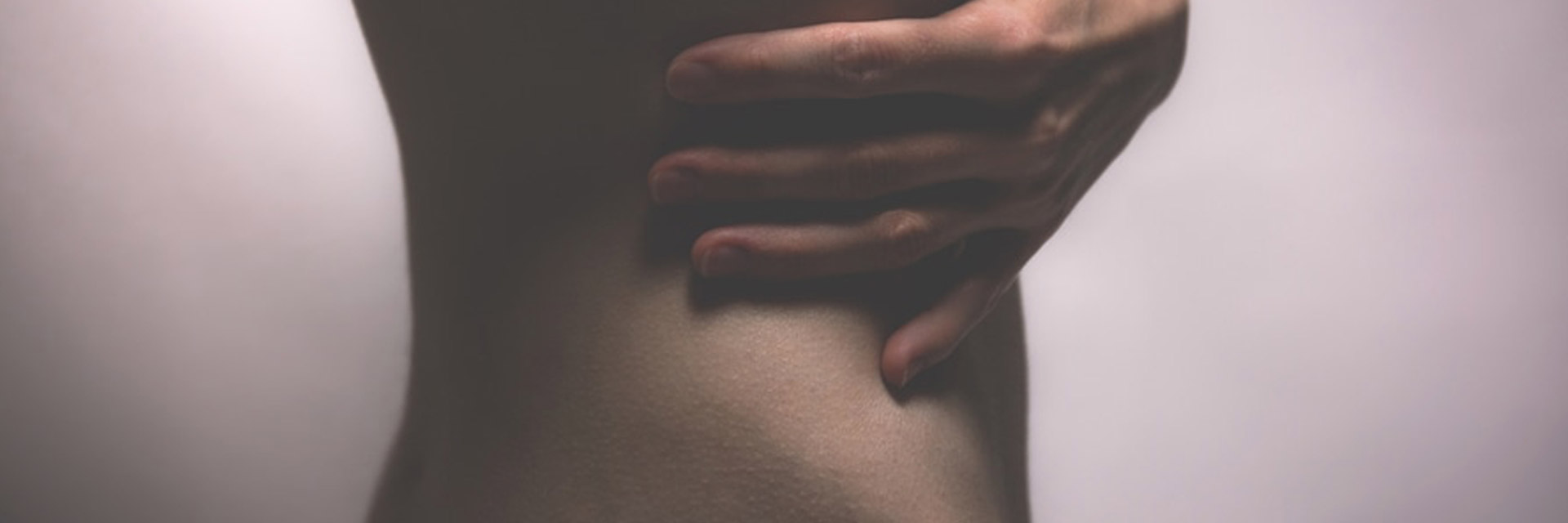Unravelling Back Pain: Acupuncture Wisdom to Stop the Strain
Back pain is perhaps the most common ailment modernly treated by acupuncture. It can result from many sources. Back pain that doesn't respond to standard Western treatment can be rooted in psychosomatics: the mind impacting the physical body. But acupuncture is also very effective in...





